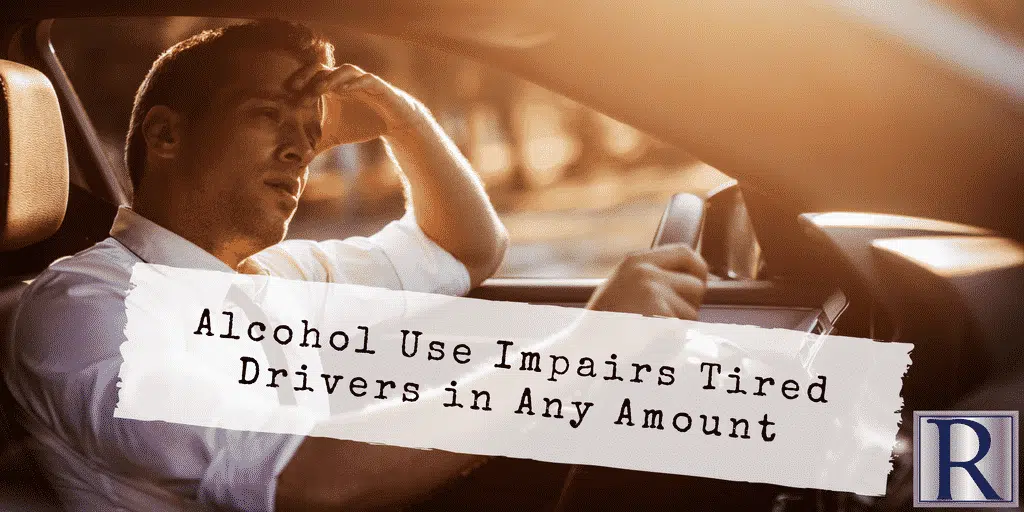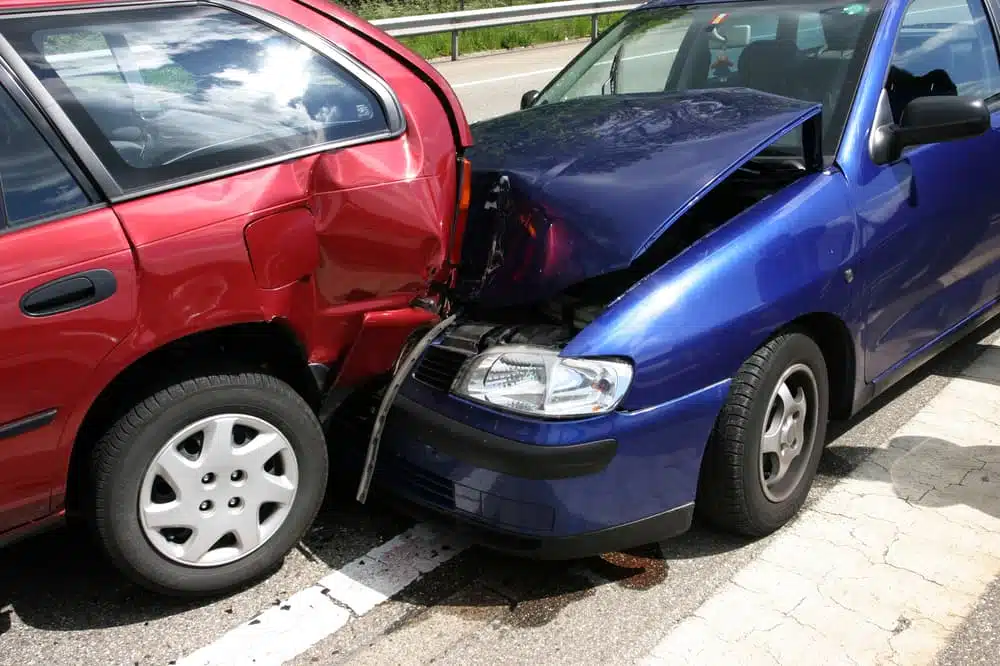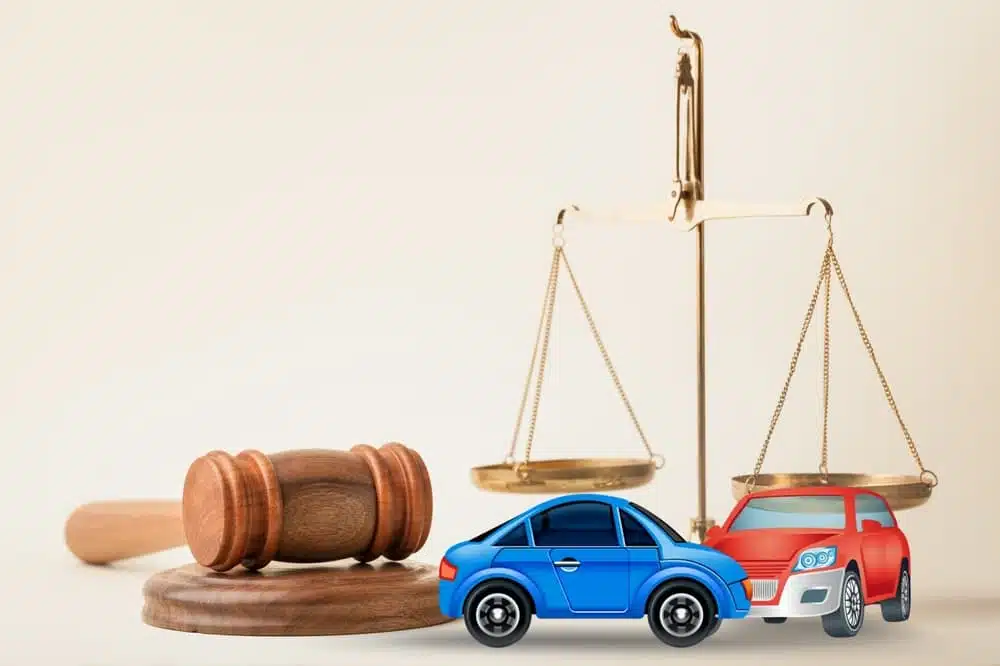
Recent Study Addresses Alcohol Consumption and Drowsy Driving
Many drivers plan to have a glass of wine or a beer with dinner, and they think a single alcoholic drink will not result in a blood alcohol content (BAC) beyond the legal limit of 0.08% – so why not? However, according to a recent report in Reuters Health, “people with blood alcohol levels below the legal cutoff for being considered drunk may still be unsafe drivers if they’re also sleep deprived.” In other words, if you did not get enough sleep the night before, having a single drink with dinner can make an impaired driving accident more likely.
That statement is based on a recent study in which researchers explored the effects of sleep deprivation and alcohol consumption on a driver’s drowsiness behind the wheel, as well as their ability to focus. What did the researchers learn? They discovered that “the combination of moderate alcohol consumption—within legal limits for driving—and restricting sleep to just five hours a night produced greater drowsiness and more deficits in attention than either sleep restriction or alcohol intake alone.”
In other words, having a very small amount of alcohol on very little sleep can have catastrophic consequences. The researchers in the study found that such a combination can last for hours, implying that anyone sleep-deprived who has a dinner drink and then drives thereafter could cause a serious wreck. The results were published in the journal Human Psychopharmacology.
It is important to note that the study was a small one. It involved only 16 participants, all male, between the ages of 18 and 27. Moreover, the study only involved healthy adults in that age group. As such, results could vary for older adults or less healthy adults, as well as in additional studies that do not focus on one gender. To be clear, there is more research to be done and a study with only 16 participants is in no way conclusive. However, at the same time, the results of this study do suggest that we should rethink whether the combination of alcohol and drowsiness can ever make for safe driving.
Drowsy Driving: Get the Facts
How common is drowsy driving, and how dangerous is it? According to the U.S. Centers for Disease Control and Prevention (CDC), “drowsy driving is a major problem in the United States.” Given that there is no test for drowsy driving (akin, for instance, to a breathalyzer for intoxicated driving), it can be difficult to track, with any certainty, the total number of accidents resulting from drowsy driving each year. The CDC does provide the following statistics about drowsy driving:
- One out of every 25 adult drivers admits to falling asleep at the wheel in the last month;
- Drowsy driving is responsible for approximately 72,000 crashes each year;
- 44,000 injuries occur in traffic collisions caused by drowsy driving;
- 800 deaths were linked to drowsy driving in 2013; and
- As many as 6,000 fatal collisions may be caused each year by drowsy driving.
If you are feeling tired before getting into your vehicle, or feel yourself falling asleep at the wheel- do not drive or stop driving until you feel alert enough behind wheel. Drowsy driving is dangerous driving!
In the event that you were injured as a result of an accident caused by a drowsy driver, contact a car accident lawyer to determine your rights.



